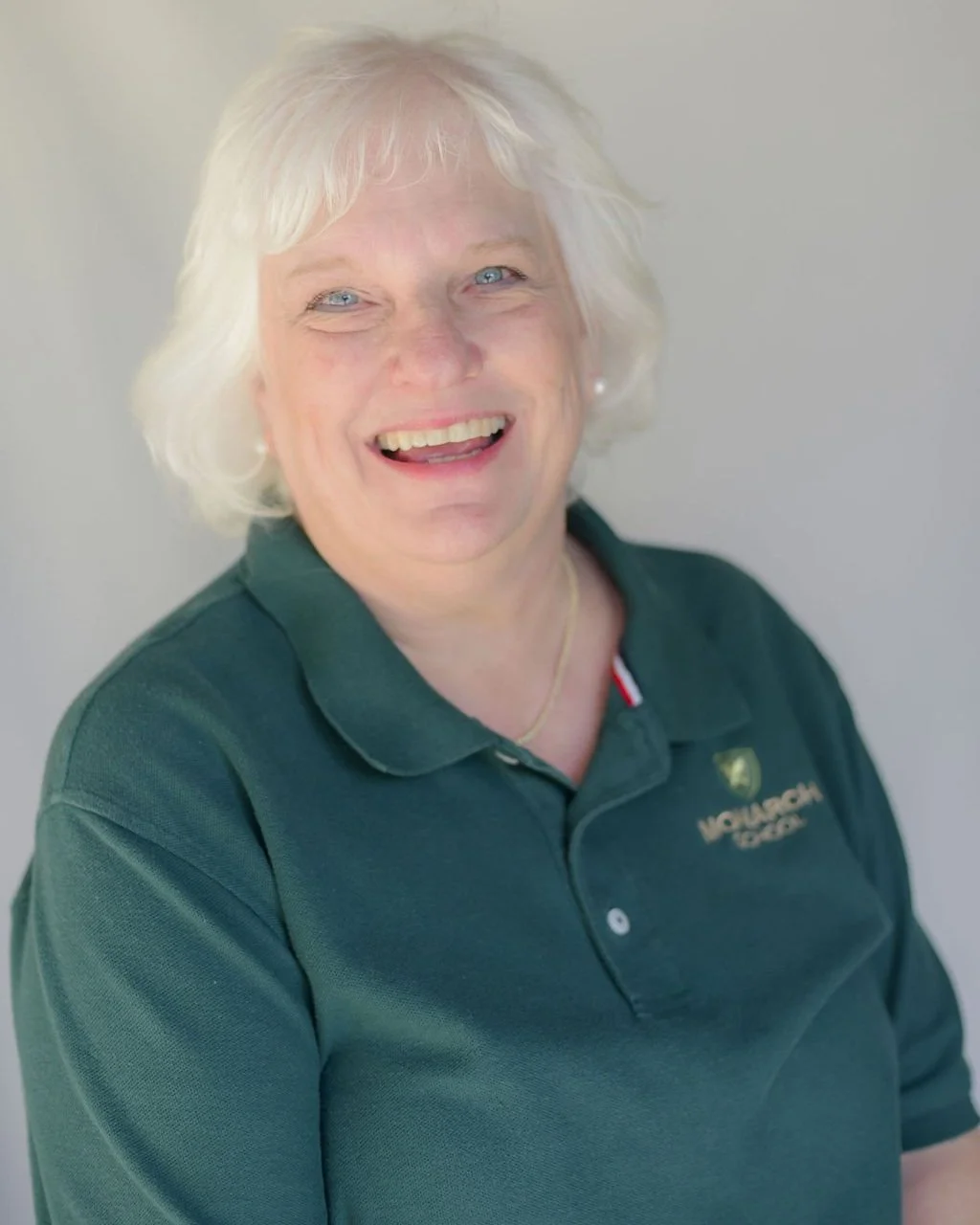Summer is Coming! Keeping Up with Core Goals and Academics During Break
Summer break is a time for relaxation and fun, but it’s also an opportunity to reinforce essential skills and goals that support growth and learning. Whether it’s self-regulation, executive functioning, relationship development, or academic competence, integrating these practices into daily summer activities can make the transition back to school smoother and more successful.
The 4 Core Goals
Self-Regulation & Awareness
Key Focus: Managing emotions and behaviors in various environments.
Summer Activities:
Create a "safe space" for mindfulness and relaxation.
Practice emotion charades or daily feelings check-ins.
Use tools like the Zones of Regulation (Blue: Sad/Tired; Green: Happy/Calm; Yellow: Worried/Silly; Red: Angry/Frustrated) to identify and discuss emotions.
Incorporate yoga or music to promote calmness and self-awareness.
Executive Functions
Key Focus: Planning, organization, and task initiation.
Summer Activities:
Use visual schedules or calendars to plan daily/weekly activities.
Try "Beat the Timer" games to build time management skills.
Involve kids in meal planning, tidying up, or creating a "clothes plan" for outings.
Relationship Development
Key Focus: Communication, patience, and empathy.
Summer Activities:
Play cooperative games or "catch up" with friends/family.
Write letters or give compliments to strengthen connections.
Practice staying calm during disagreements or unexpected changes.
Academic Competence
Key Focus: Building confidence and skills in reading, writing, math, and more.
Summer Activities:
Reading: Share books aloud, read signs/billboards on trips, and ask "Who, What, Where, When, Why" questions.
Writing: Keep a family journal, use speech-to-text for storytelling, or draw pictures and narrate the story.
Math: Count ingredients while cooking, tell time, or use money during errands.
Science/Social Studies: Track weather, recycle, or map out routes for trips.
The Gradual Release Model: "I Do, We Do, You Do"
This approach helps kids build independence while feeling supported:
I Do: Adults model the skill (e.g., reading aloud).
We Do: Collaborate (e.g., cooking together while measuring ingredients).
You Do Together: Kids practice with guidance (e.g., planning a schedule).
You Do Alone: Kids apply skills independently (e.g., writing a story).
Final Tips for a Balanced Summer
Mix Structure and Fun: Use schedules but leave room for spontaneity.
Leverage Interests: Tie learning to your child’s passions (e.g., dinosaurs for science, sports for math).
Celebrate Effort: Praise progress in self-regulation, teamwork, or academic tasks.
Summer doesn’t have to mean a break from growth. By weaving these goals into everyday adventures, kids can return to school confident, capable, and ready to thrive!
About the Authors
Susan is a native Houstonian and has served children for over 30 years. She graduated from the University of Texas in Austin with a bachelor’s degree in Education. She also has a master’s degree in Administration from the University of Houston. She recently retired from serving 28 years in public education with the majority in Spring Branch ISD.
Susan started her career teaching fifth grade, then third grade and second grade. She served as team leader for her grade level and served in many leadership positions. Susan's strong belief that all children can learn drove her to became a campus math instructional coach and then a district elementary math coordinator. She supported teacher growth believing that the more confident a teacher believed in their instructional practices, the more successful that teacher’s students would be. Susan collaborated with educators, principals, and other school and district administrators as she led the process of curriculum evaluation, design, and development for elementary math. The development process included content development based on state standards and desired learning outcomes, vertical alignment, development of aligned assessments and consideration of methods and strategies to reach all learners.
Susan serves as the Director of the Chrysalis program. She supports the professional educators in their growth, and intentional plans to provide varied and meaningful experiences to meet every child's needs and facilitates communication between home and school. In her spare time, Susan spends time with her family, watches HGTV, loves traveling around Texas, and enjoys each day as a blessing.
Karina Heggeness attended Fordham University in the Bronx and was following a trajectory toward a career in social work. During her required fieldwork, Karina was placed in a school for children with disabilities where she fell in love with the hands-on aspect of the classroom. After completing her BSW, Karina went on to get her Masters in special education, after which she became a teacher.
Karina has worked in a variety of different settings for both children and adults with special needs, and she views this work as her life’s purpose. Karina’s goal is to continue working towards creating a world of acceptance and equality. She is eager to begin working with her fellow coaches while building strong relationships with the students and families of Monarch.

